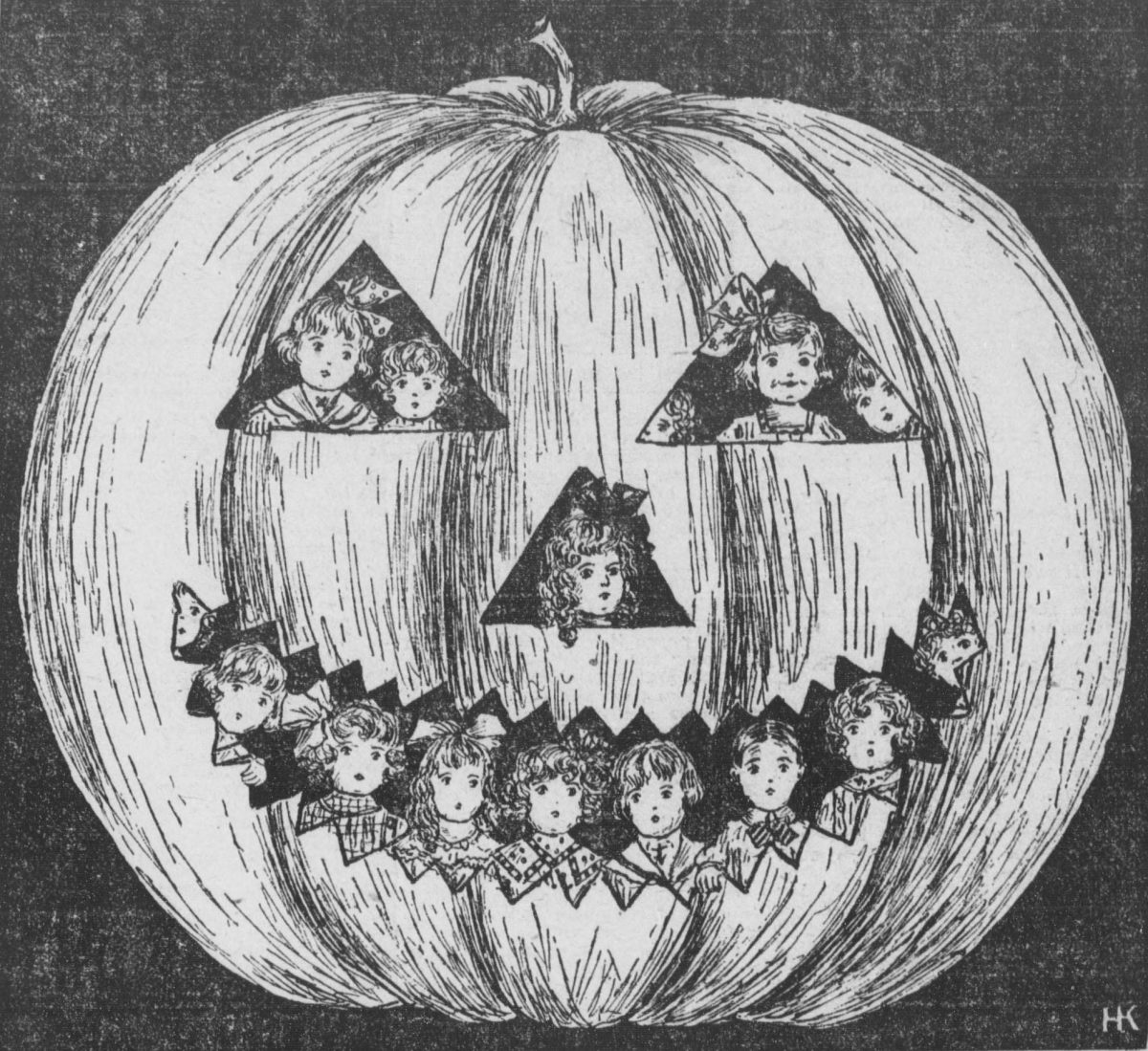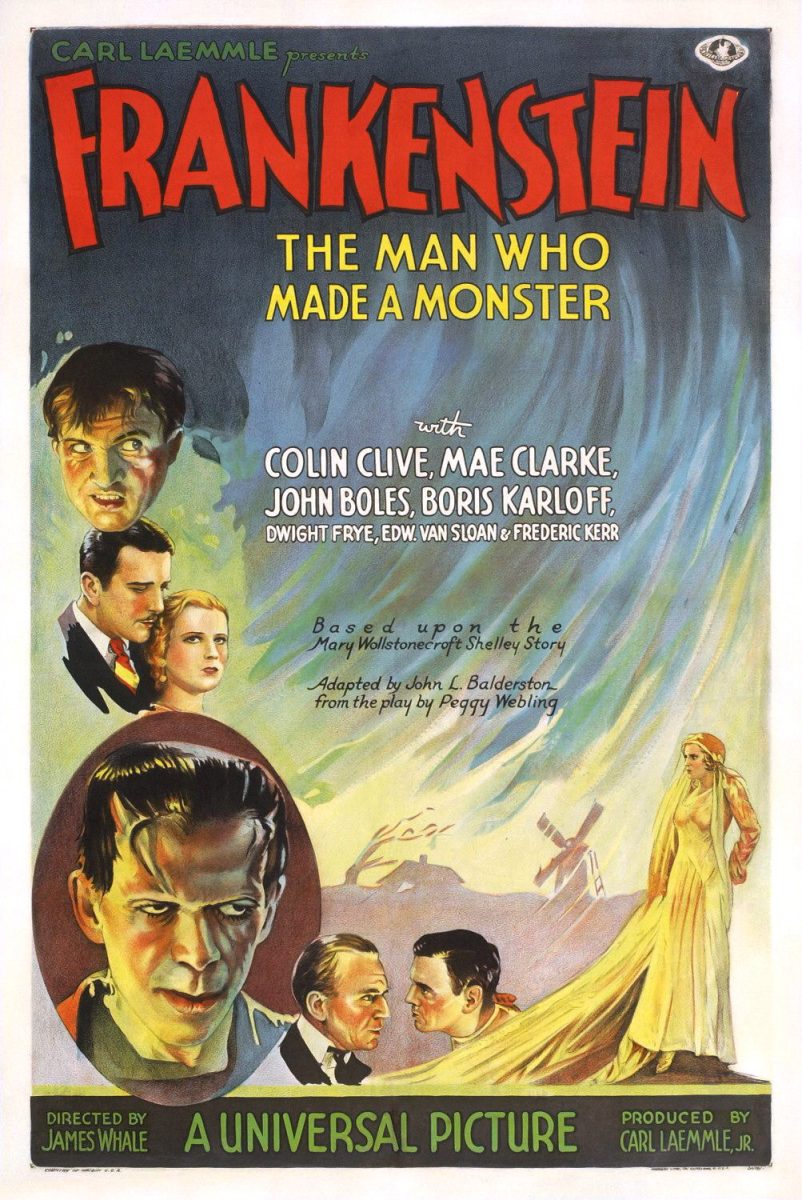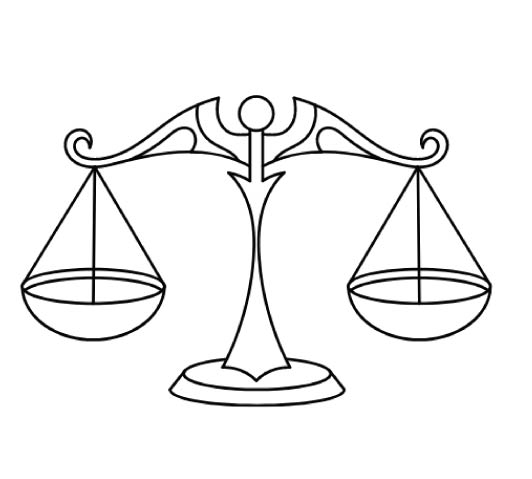by Alec Williams
“22, A Million” is the indie folk band, Bon Iver’s, new album, released on Sept. 30. It is a curious departure from the rest of the band’s previous catalog, and it remains as complicated and mystifying as its title, even after listening to it repeatedly.
There are some who do not know that Bon Iver is not just one man, but a band, and I would attribute that to the talent of its frontman, Justin Vernon. It is truly his voice and artistic mind that defines Bon Iver. Even Kanye West, who played a large role in the production of “22, A Million,” has hailed Vernon as his “favorite living artist.” But, does that artistic power continue on into this new album despite the new experimental territory?
I will admit that when I originally heard that the new album would be more electronic and experimental, I completely wrote it off. Bon Iver’s two previous albums: “For Emma, Forever Ago” and the self-titled “Bon Iver” rely nearly exclusively on a folksy sound. Simple guitar and conservative drum usage created a certain sound and a feeling, something Bon Iver excels at.
When they want you to feel isolated when listening to their music, you feel isolated, heartbroken or hopeful. I would say that “22, A Million” continues this defined tradition, though not in the same way; I cannot say if that is better or not.
The first song in the album “22 (OVER S∞∞N),” is truly my favorite on the album and sets the tone for the remainder of it. The lyrics are classic Bon Iver, something haunting and regretful. It causes you to remember a painful memory that is not your own. The electronic effects are not very intrusive here, but I cannot say it aids the song one way or another. The chorus, I would argue, makes this song what it is. The electronic reverb and modulation are just the extra fixings.
Another example, “10 d E A T h b R E a s T,” follows and is one of my favorites on the album, despite the number, it is second. Don’t rely on the numbers, I believe they were going for a sense of confusion in the track listings. A reverberation of indistinguishable percussion slams into the song, creating an urgency that is uncommon in a Bon Iver song. The rest of the song calms down and follows beats that are more Bon Iver-esque. I enjoy the song, but I feel that there is something missing, an issue that lingers the entire album.
In some ways, this new style completely lends a hand to Bon Iver’s genre, but in other ways it hinders it. I believe there is some importance in a clean sound, especially in what Bon Iver and Justin Vernon are trying to convey.
Once you add some of that electronic distortion, it can be pleasurable to listen to, but now you have a wall. No longer do you feel like you are in pain with the subject of the song, but now it is very clear you are listening to a song. There are some exceptions, I would point to “33 ‘GOD’” as an example, it is full of modulation and synth effects, but still does a fantastic job at emotion.
All in all, the album diverts from what is expected of Bon Iver, and for that I praise them. Even if this was not what I completely wanted, I know I am excited for what comes next.
Rating: Four and a half out of five stars.








